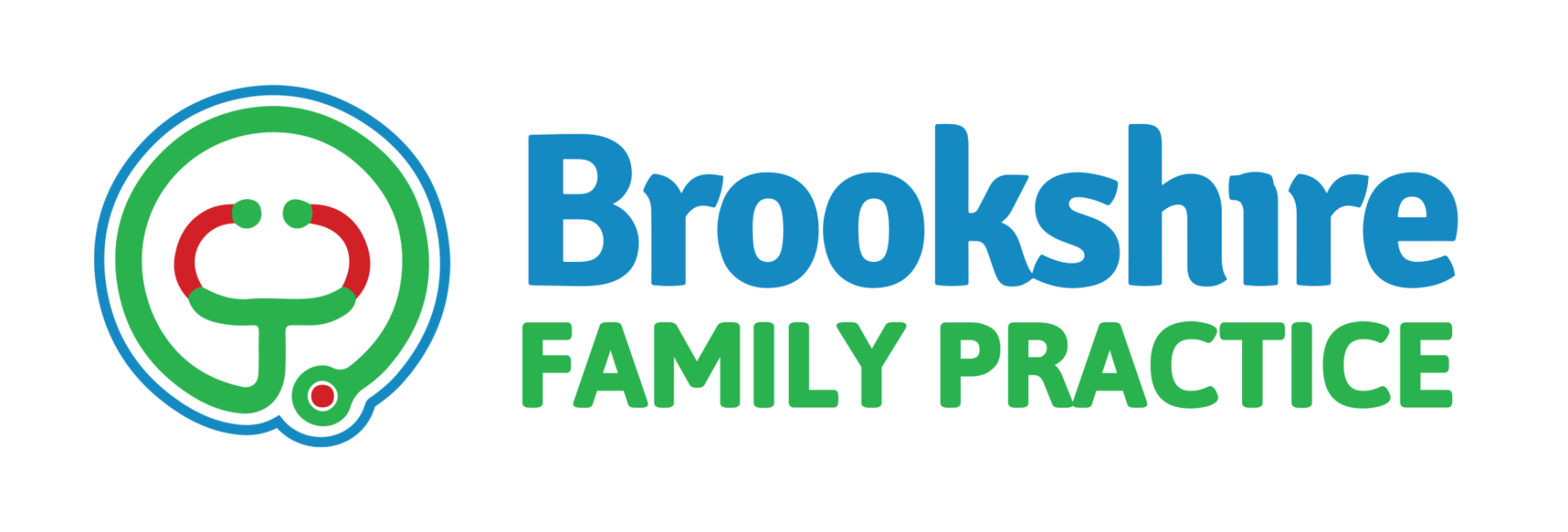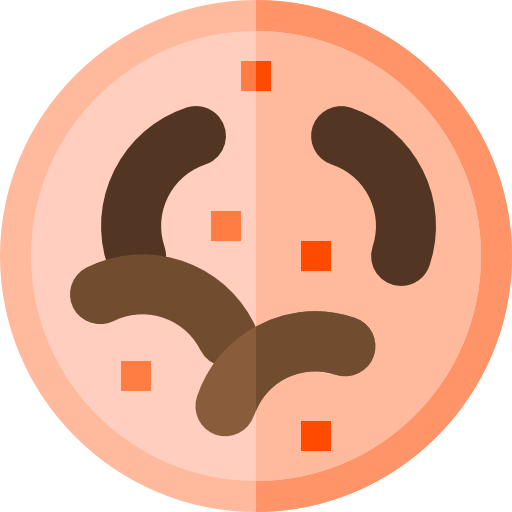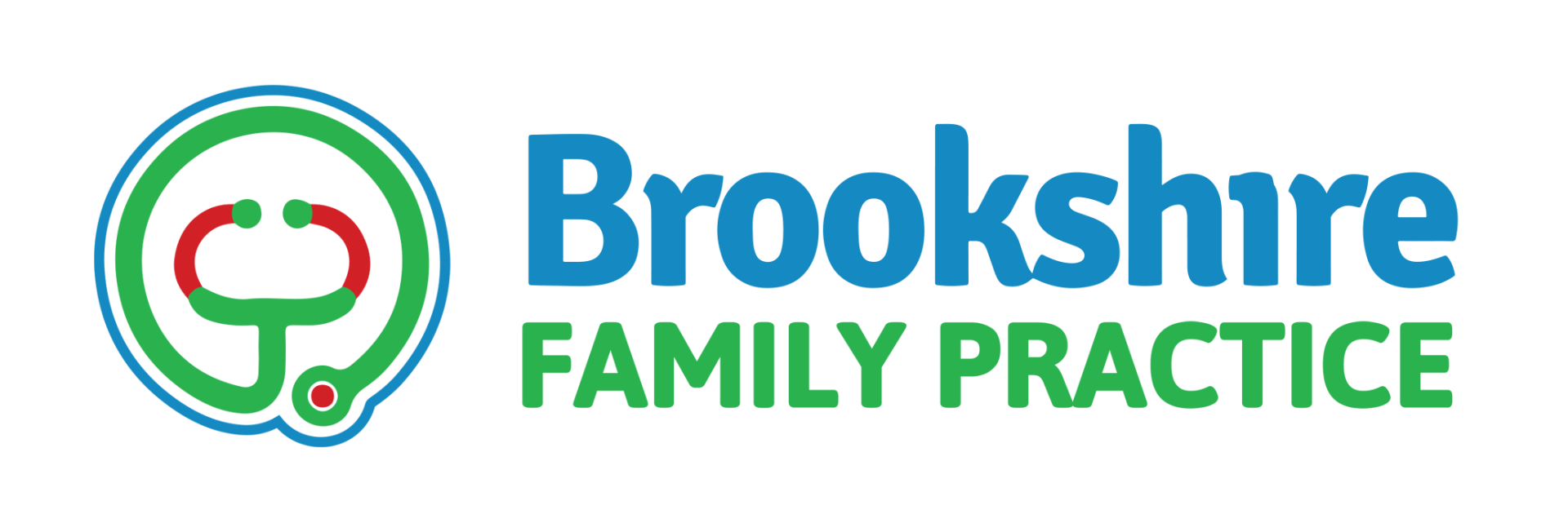Diabetes
Diabetes is a disease that occurs when your blood glucose is too high. This happens when the body has trouble processing food for use as energy. There are two types of diabetes, Type 1 and Type 2, and they cannot be reversed. Rather, treatment options include insulin injections, lifestyle changes, monitoring blood sugar, and daily medications.
Hypertension
Hypertension is also known as high blood pressure. This condition happens when the long-term force of your blood against your artery walls is high enough to cause other cardiovascular problems, such as heart disease. To prevent this from happening, a patient can take daily medication and change lifestyle habits.
Congestive Heart Failure
Congestive heart failure is when the heart doesn’t pump as much blood as it should. Blood often builds up in your blood vessels, and fluid accumulates in your lungs. Typical treatment options include dietary changes, prescription medication, and/or a defibrillator or a pacemaker.
COPD & Asthma
Both COPD and Asthma affect your breathing and your airways. Asthma causes chest tightness and wheezing, and COPD is characterized as decreased airflow over time. Both are treated similarly; with lifestyle changes, bronchodilators, and corticosteroids.
Coronary Artery Disease
Coronary Artery Disease affects the heart’s main blood vessels and the typical cause is the buildup of plaque. As a result, coronary arteries narrow, which limits blood flow to the heart. Treatments include prescription medications, lifestyle changes, and angioplasty.
Colitis
Colitis is an inflammatory reaction in the colon, often autoimmune or infectious. Each patient is different, and depending on the cause of the colitis, the extent of the illness varies. Treatment includes anti-inflammatory medications and potentially surgery.
Osteoarthritis
Osteoarthritis is a type of arthritis that occurs when flexible tissue at the end of the bones wears down. This illness tends to worsen over time, and treatment includes medications, physical therapy, and sometimes surgery.
Headaches and Migraines
Headaches and migraines create pain in the head, neck, and face, and can vary in intensity. There are many triggers to these ailments, and treatment includes preventing these triggers, and over-the-counter and prescription medication.
Gastroesophageal Reflux Disease
Known as GERD, Gastroesophageal Reflux Disease occurs when stomach acid flows back into your esophagus, which connects your mouth and your stomach. GERD irritates the lining of your stomach and causes severe heartburn and acid reflux. Treatment includes lifestyle changes and prescription medication.
Dementia
Dementia is a group of conditions characterized by the impairment of two or more separate brain functions. For example, a patient with dementia may experience not only memory loss, but an impaired judgment. Overall thinking abilities are impaired. Dementia is an ongoing condition, and medications and therapies may help to prevent the onset of specific symptoms.
If you are interested in learning more about how our chronic disease management options can help you meet your health goals,
schedule an appointment with our office today.


